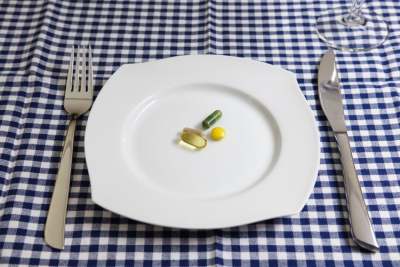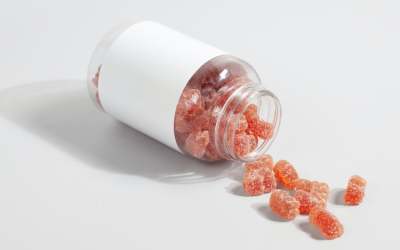Vitamins and health supplements sound natural and healthy, but we found many of them contain animal-derived ingredients, palm oil and large amounts of sugar.
Plus, some of the biggest brands of supplements are produced by big pharmaceutical companies who test on animals, or they are made by multinational brands who receive our worst ratings (zero points).
But the good news is that there are some ethical companies out there if you do want to buy vitamins and supplements. Our guide gives you the information you need to know what to look out for when choosing ethical vitamin and supplement brands.
Ethical supplements market
The UK vitamins and supplements market grew significantly during the Covid-19 pandemic, driven by a sudden focus on health but also buoyed by a growing, influencer-fuelled trend towards ‘wellness’. 38% of us now take dietary supplements on a daily basis. Some believe they are merely an expensive placebo for the ‘worried well’, while others swear by their health benefits.
This guide examines the companies behind a range of vitamins and supplements, from the pharma giants to independent ‘natural health’ specialists. We look at what goes into their products, whether ingredients are being sourced sustainably, and consider whether supplement marketing is misleading consumers.





